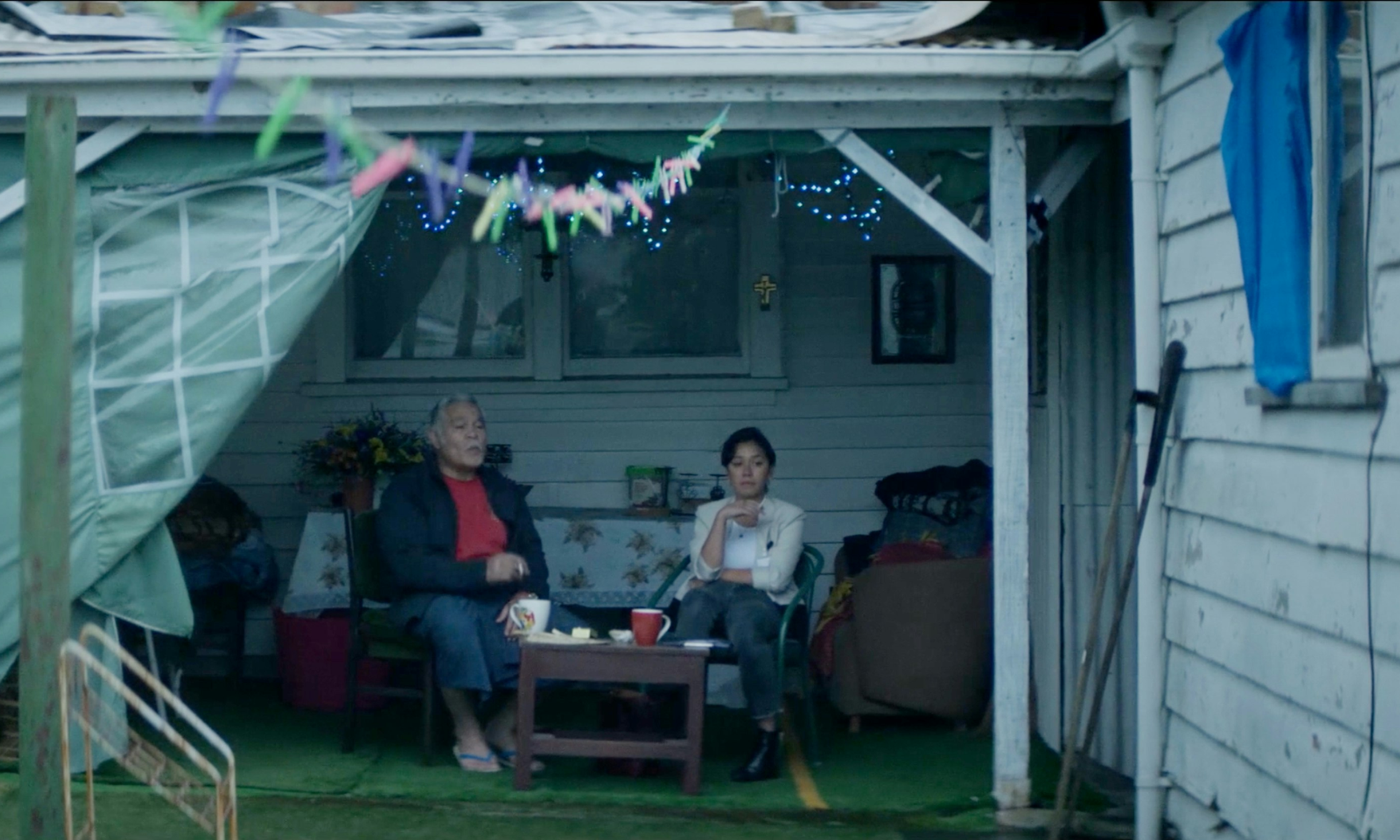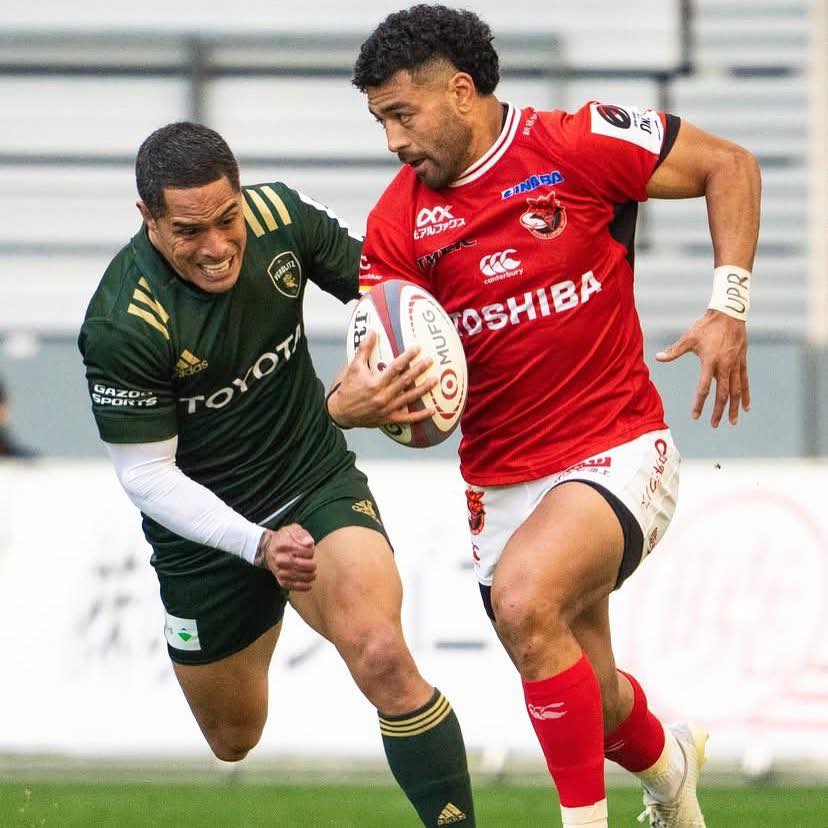

Richie Mo'unga walking out for the Toshiba Bravehearts.
Photo/Getty Images.
What Richie Mo’unga’s exit means for NZ Rugby
Richie Mo’unga flipped New Zealand Rugby's plan on its head after deciding to stay in Japan.


Oscar hopeful Lea Tupu’anga's māfana captures global support


Heaven is real, Hell isn’t: My spiritual journey through ego, love and seeking out peace


Oscar hopeful Lea Tupu’anga's māfana captures global support


Heaven is real, Hell isn’t: My spiritual journey through ego, love and seeking out peace
Richie Mo’unga’s decision to stay in Japan leaves a gaping hole in the national team’s fly-half options, raising questions about the depth of talent available for future campaigns.
The 29-year-old playmaker, a backbone for both the Crusaders and the All Blacks, last week confirmed he would remain with Toshiba Brave Lupus in Japan’s League One, ruling out a return to New Zealand rugby for the foreseeable future.
Mo’unga’s departure leaves a significant void in the All Blacks’ fly-half options as they prepare for the 2025 British and Irish Lions tour and the 2027 Rugby World Cup.
His absence will force New Zealand Rugby to rethink its strategy, with younger talents like Damian McKenzie and Josh Ioane likely to step into the spotlight.
While this presents an opportunity for emerging players, it also underscores the growing challenge of retaining top-tier talent in the face of lucrative overseas offers.
The Growing Exodus to Japan
Mo’unga is not alone in his decision to chase financial security and new challenges abroad.
He joins a growing list of New Zealand-based players, including Pacific stars like Shannon Frizell and Ardie Savea, who have been lured by the competitive salaries and unique rugby culture of Japan’s League One.

Mo'unga being chased by former All Black teammate Aaron Smith. Photo/Rugby Pass.
For Pacific players, this trend represents both an opportunity and a challenge.
On one hand, playing in Japan offers financial stability and career growth, which is particularly appealing for players from Pasifika backgrounds who often support extended families.
However, these exits risk weakening the local rugby ecosystem that has nurtured Pasifika talent and contributed to the All Blacks’ success.
The Eligibility Debate and the Future of New Zealand Rugby
The debate over eligibility rules, fueled by new All Blacks head coach Scott Robertson’s push to select overseas-based players, adds another layer of complexity to the situation.
Robertson’s proposal has sparked mixed reactions, with All Blacks legend Beauden Barrett warning against setting a “bad precedent”.
Barrett emphasized the importance of maintaining a strong domestic system, arguing that loosening eligibility rules could undermine the development of homegrown talent.
But, the reality is that New Zealand Rugby is facing an uphill battle to retain its stars as the contracts offered by leagues like Japan’s are increasingly difficult to compete with
Finding a Balance
As the number of players heading to Japan continues to rise, New Zealand Rugby must find innovative solutions to balance the aspirations of its players with the need to maintain a competitive All Blacks squad.
This could involve revisiting eligibility rules, offering more competitive financial packages, or creating pathways for players to return to New Zealand rugby after stints abroad.
For now, Richie Mo’unga’s decision serves as a stark reminder of the challenges facing New Zealand Rugby in an increasingly globalized sport.
While his move is a loss for the All Blacks, it also highlights the need for the game’s governing body to adapt to the changing landscape, ensuring that the legacy of Pacific players in New Zealand rugby remains strong for generations to come.